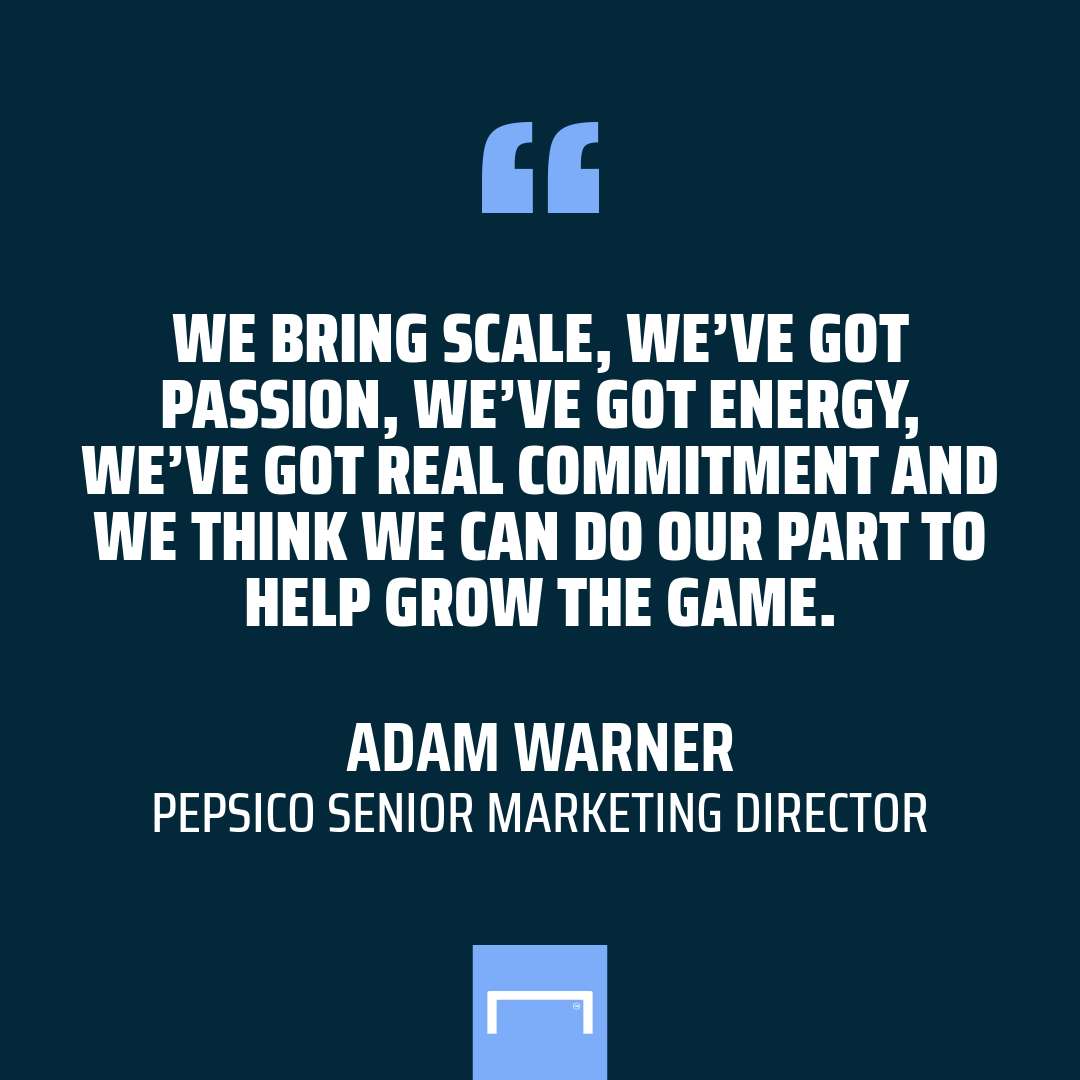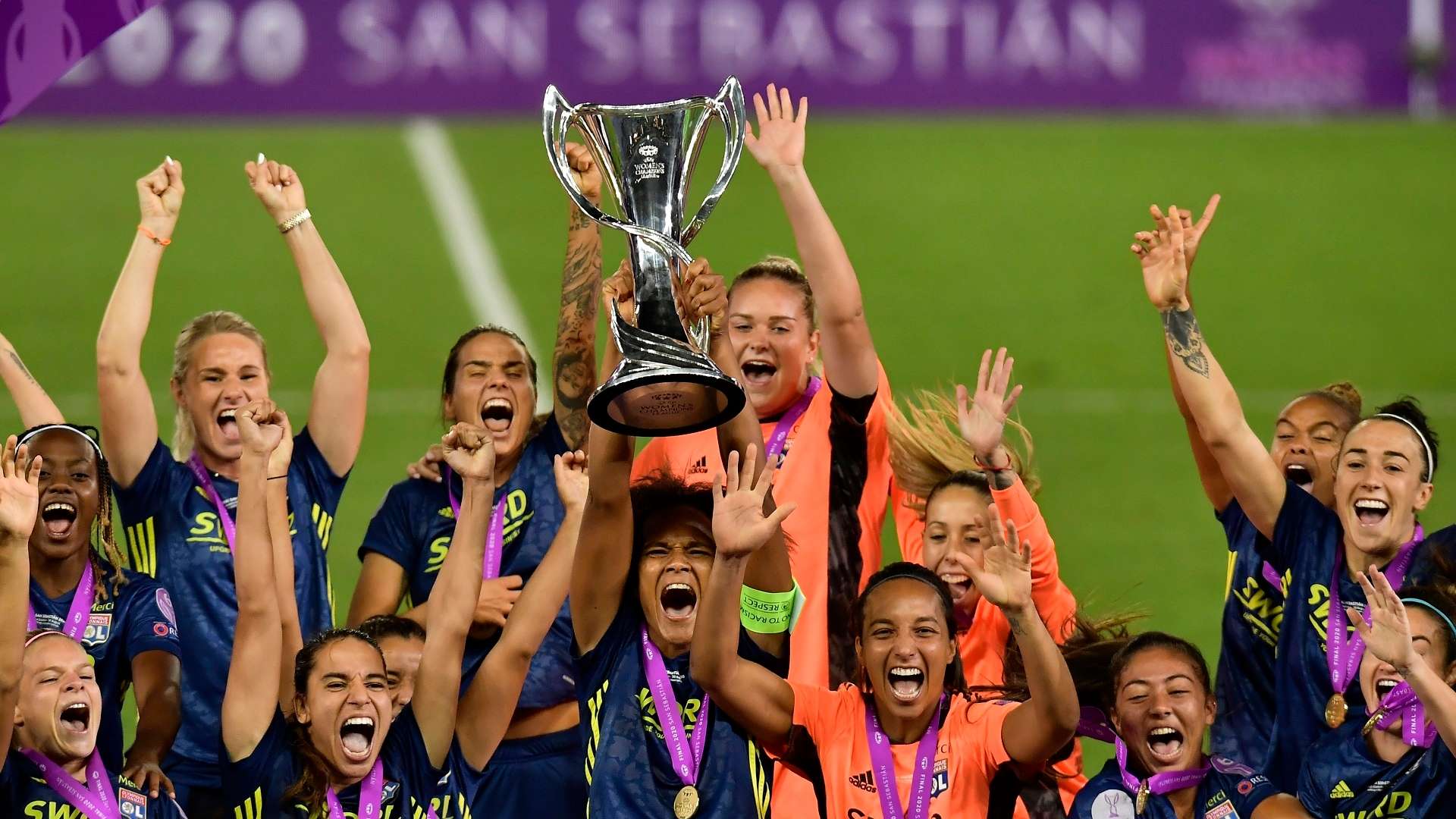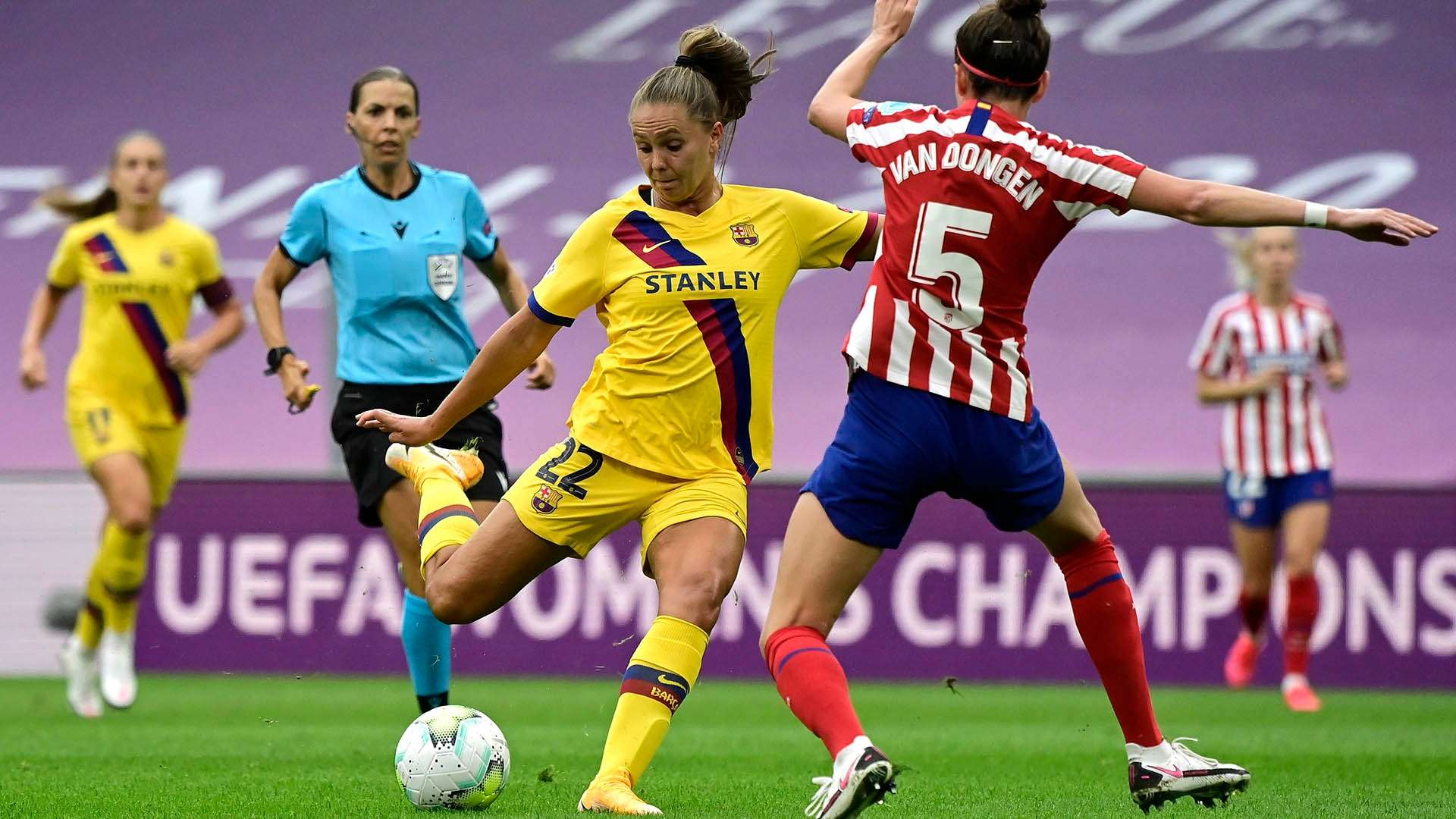There were moments in 2020 where there was genuine fear around what the future of women’s football would look like.
It was only in April when Fifpro, the global players’ union, released a report that warned that the sport would be faced with an “existential threat” as a result of the Covid-19 pandemic.
Almost six months on, as the new domestic seasons get underway, the mood has changed significantly.
In May, the women’s Bundesliga became the first major women’s league in the world to return, women’s football in U.S. resumed in June – before MLS – and in August, the Women’s Champions League returned, hitting more TVs than ever.
The coronavirus-related delay to the latter, which was won by Lyon for the fifth year in a row, means that this season’s campaign will not begin until next month, rather than August as originally planned.
But when it does resume, with qualifying rounds commence on October 7, it will do so boasting a new sponsor: PepsiCo, which agreed a five-year deal this summer for an undisclosed fee.
PepsiCo is one of the most recognisable companies in the world, selling products such as the eponymous Pepsi, Doritos, Walkers, Lays and Gatorade.
With Visa having agreed a seven-year deal to sponsor the women’s game in Europe back in 2018, PepsiCo’s involvement is yet another sign of how the sport has developed into something that is genuinely, commercially viable.
“I think it’s clearly got scale to it. Arguably, it’s had scale to it for a while, but there’s clearly been, I think, a realisation of that scale over the past couple of years,” Adam Warner, senior director global sports marketing at PepsiCo, tells Goal.
“We talk about the Women's World Cup in France in 2019, but that scale was building well ahead of then. You only have to look at early 2019, the attendance records being broken throughout western Europe, fans going to the stadiums to watch these games.
 Goal
Goal
“Also, I think people are recognising its distinct identity. Of course, football is football, but actually, women’s football is carving out its own identity, one that’s very exciting and has commonalities to the men’s game, but also, it’s got key elements of differentiation versus the men’s game.
“We’re very committed to coming in and playing a role in helping to grow it further.
“As you get closer to women’s football, you really recognise that it has some really distinctive elements to it. It’s got an amazing energy to it, it’s got amazing community spirit to it, amazing cohesiveness to it.
“We bring scale, we’ve got passion, we’ve got energy, we’ve got real commitment and we think we can do our part to help grow the game.
“There’s that blend of us really thinking we can make a difference, but also recognising that it can definitely help our brands and our business going forward.”
When this year’s Women’s Champions League campaign does get underway, it will be doing so for the final time in its current format, with group stages to be introduced for the 2021-22 season.
The reformatting is another move expected to help the game massively and increase the interest in the elite European competition in women’s football.
“I think will really help take it to the next level,” Warner says.
“I think the way that [UEFA] is also looking at how they give fans access to that competition, particularly from a media and broadcaster point of view, will also ensure that part of women’s football sees continuous growth going forward.
“Access is key and there’s a role that we can play, governing bodies can play, and other partners within the game can play in terms of elevating that and accelerating that going forward.
“[The new format] needs to bring attractiveness to the competition, but it also needs to make sure that it’s helping to build the women’s game across a wider geographical footprint. I think the balance is there.”
 Getty
Getty
Those changes could also help grow the numbers that follow the club game in women’s football, with Warner believing that “the entry point into the women’s game for many fans is the international side of the game”.
That interest in the international side, meanwhile, provides an exciting opportunity for PepsiCo and women’s football in the upcoming Euros in England, which have been pushed back from 2021 to 2022.
“I think it’s a big entry point,” Warner continues.
“That provides quite a key anchor point for us, to think about in 18 months’ time, nearly two years’ time, to build towards that. I think that could be a big opportunity for the women’s game, and a big opportunity for us to really leave a mark.
“There’s undoubtedly a benefit of a bit more time building towards 2022.
“I think we’ve learned a lot about the women’s game. We’ve got closer to it over the last 12 months, but I think there’s a lot more we can learn to ensure that everything we do has the best possible impact on the women’s game and on our brands.”
